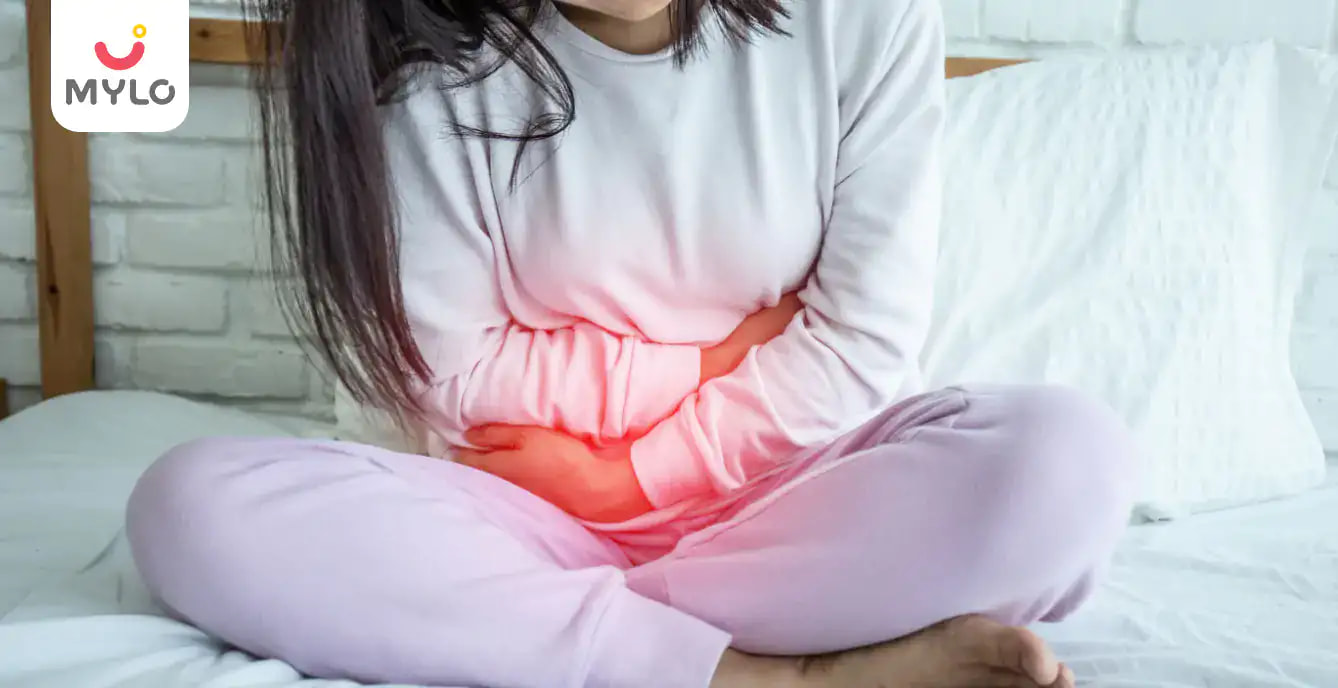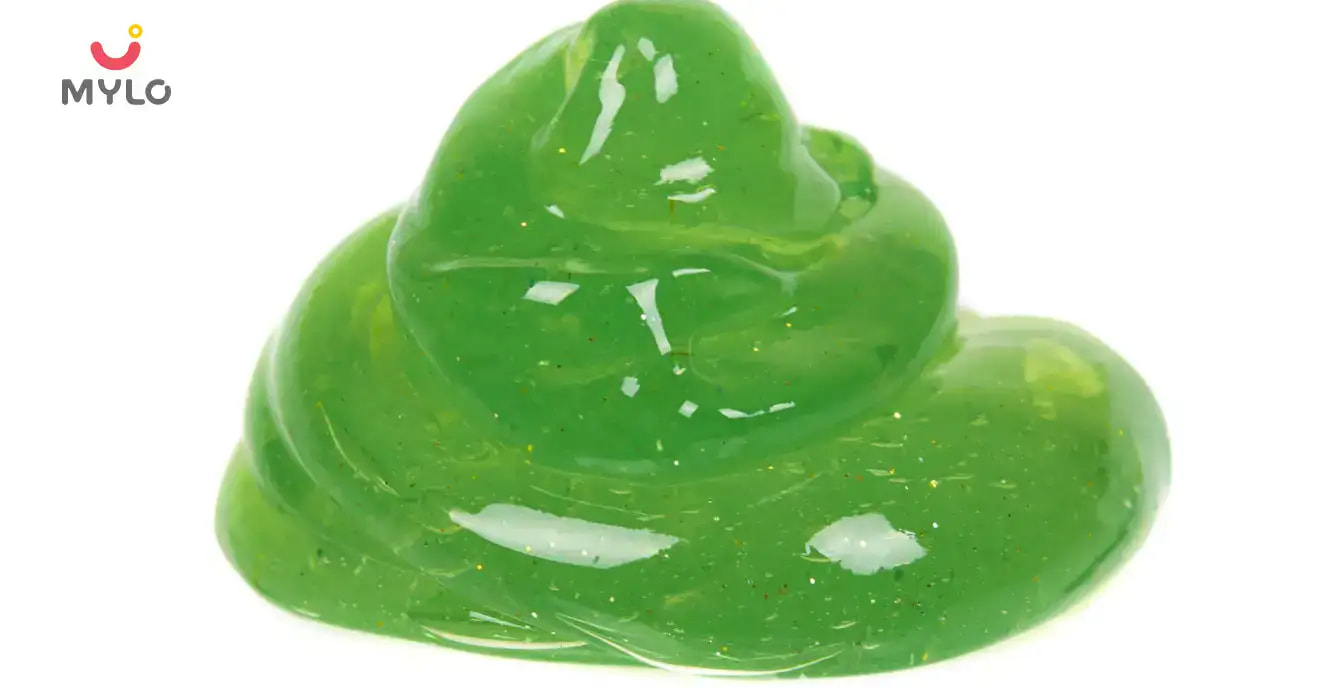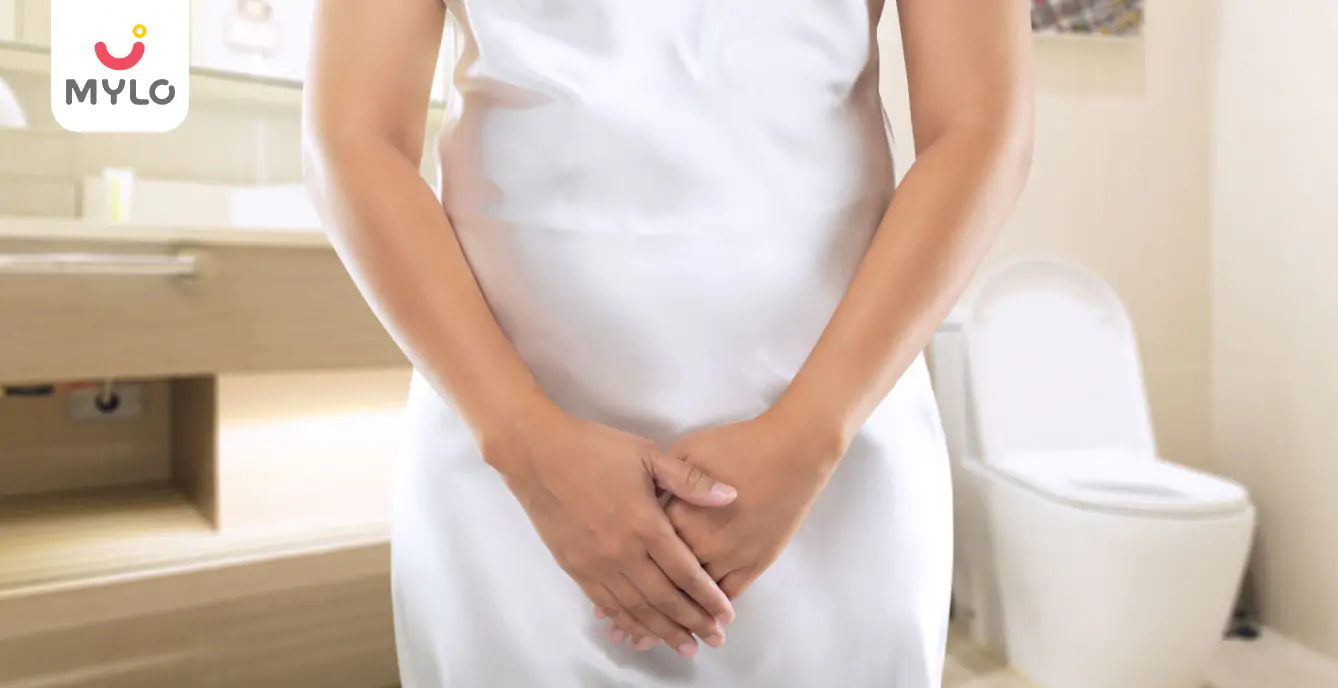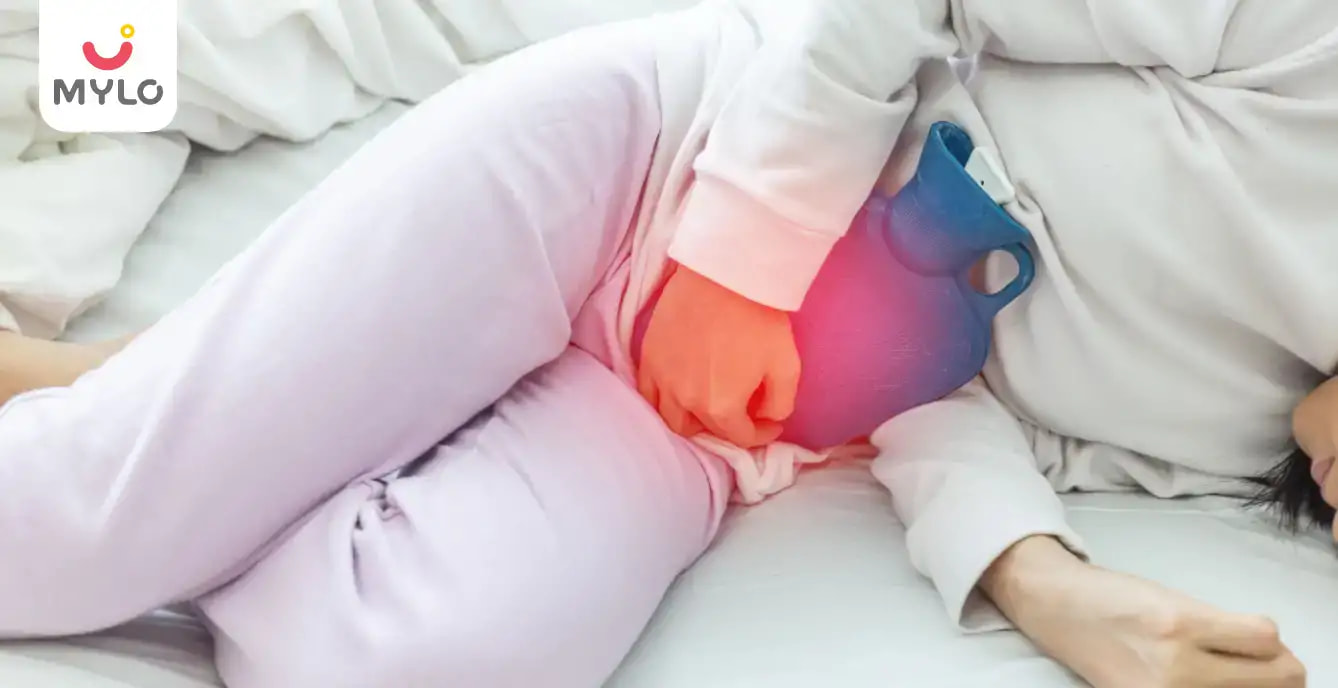Home

Treating UTI in toddlers
In this Article
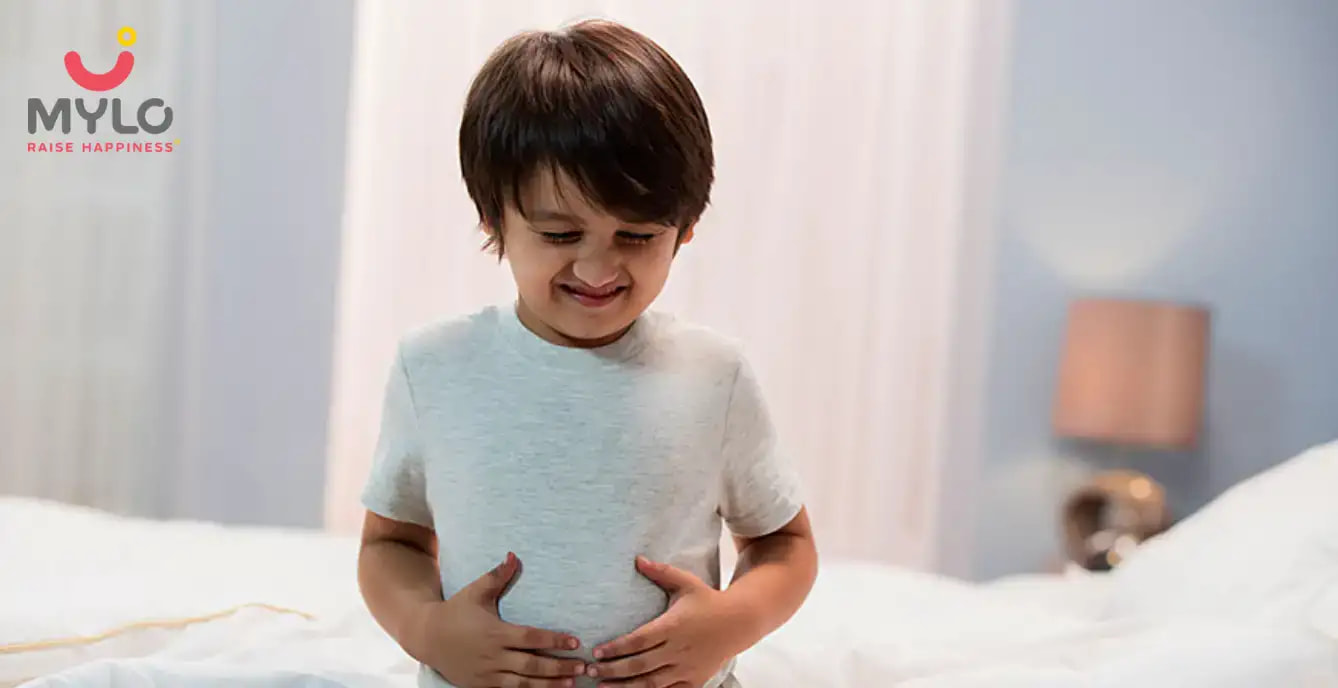
Health Tips
Treating UTI in toddlers
Updated on 29 January 2022
What is a urinary tract infection?
A urinary tract infection (UTI) is an infection that occurs in the urinary tract.
Your baby's urinary tract consists of her kidneys, bladder, ureters and urethra. The urethra is the tube that runs down from your baby's bladder to her genitals.
An infection can happen when bacteria spread into the urethra from the skin around your baby's bottom and genitals. The bacteria can cause inflammation at any point along the tract.
How will I know if my baby has a UTI?
It can be difficult to tell if a baby has a UTI. If your baby is unwell with any of the following it could mean she has a UTI:
- fever
- vomiting
- sleepy and lethargic
- irritable
- not feeding well
- not gaining weight properly
- jaundice
- blood in her urine
- cloudy urine
- unpleasant-smelling urine
If your child is older and potty trained, she may need to pee a lot and it may be painful when she does. She may not want to empty her bladder if it hurts to pass urine, and she may complain of a tummy ache.
Should I take my child to the doctor if I suspect she has UTI?
It's important to take your baby to your doctor if you think she has a UTI. If her infection is left untreated, it could move to her kidneys and cause problems.
If your baby has signs of a UTI, your doctor may recommend that she get tested. The test will require your baby’s sterile urine sample to be collected to find out which bacteria are causing it.
If you can manage to get your baby to pee directly in a sterile you can submit that sample. Sterile containers are provided by the testing lab or you can get one from the local chemist.
In case that doesn’t work a nurse or a lab personnel may insert a tiny catheter (thin, flexible, sterile tube) through the urethra to collect the sample.
If your child is older and toilet trained, she may be able to pass urine directly into a sterile container. This can be done by you at home or at the lab.
In addition to the regular urine test, your doctor might recommend a more detailed urine culture. The results of the culture will take a few extra days to arrive.
If your baby is younger than six months or has had several UTIs, your doctor may refer her for other tests. Your baby may have a scan called a renal ultrasound. The scan will check how her kidneys and bladder are working.
How will my baby's UTI be treated?
Your doctor will prescribe your baby a course of antibiotics to take at home for three days. Your baby's UTI should clear up within two days after treatment starts. Make sure your baby finishes the course of antibiotics, even if she seems better.
If the infection is in your baby's kidney, she will need antibiotics for seven days to 10 days.
You should take your baby to see your doctor again if her condition gets worse or if she has any new symptoms. New symptoms can be a sign of sepsis, which happens when the body starts to attack its own tissues and organs. It probably isn't sepsis, but it's important to get her checked again anyway.
If your baby is under three months old or very unwell, she will need to go to hospital, where she will be given antibiotics through a drip in her arm.
Is there anything I can do to prevent my baby getting a UTI?
Some babies are more prone to UTIs, but there are a few things you can do to help prevent your baby from getting one:
- Wipe your baby's bottom from front to back when you change her nappy.
- Change her nappy as soon as she's done a poo.
- Make sure your baby gets plenty of fluids to help flush bacteria out of her system. If your baby is exclusively breastfed, offer her more breastfeeds. If she is on formula or on solids, offer her cooled, boiled water at regular intervals.
- If your child is potty trained and old enough to clean herself, teach her to wipe her bottom from front to back and wash herself properly.
- Encourage your child to go to the toilet regularly.



Written by
Sanju Rathi
A Postgraduate in English Literature and a professional diploma holder in Interior Design and Display, Sanju started her career as English TGT. Always interested in writing, shetook to freelance writing to pursue her passion side by side. As a content specialist, She is actively producing and providing content in every possible niche.
Read MoreGet baby's diet chart, and growth tips

Related Articles
Related Topics
RECENTLY PUBLISHED ARTICLES
our most recent articles
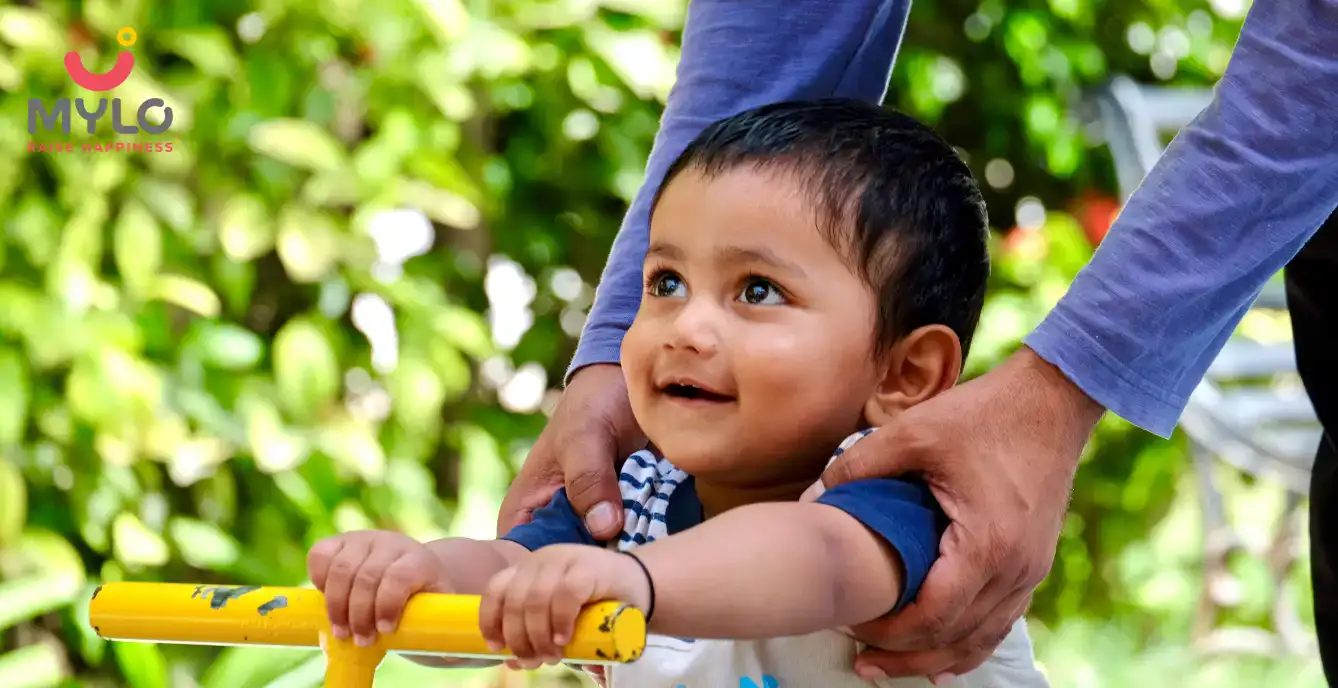
General Father
These 6 fun activities are great for dad and baby bonding
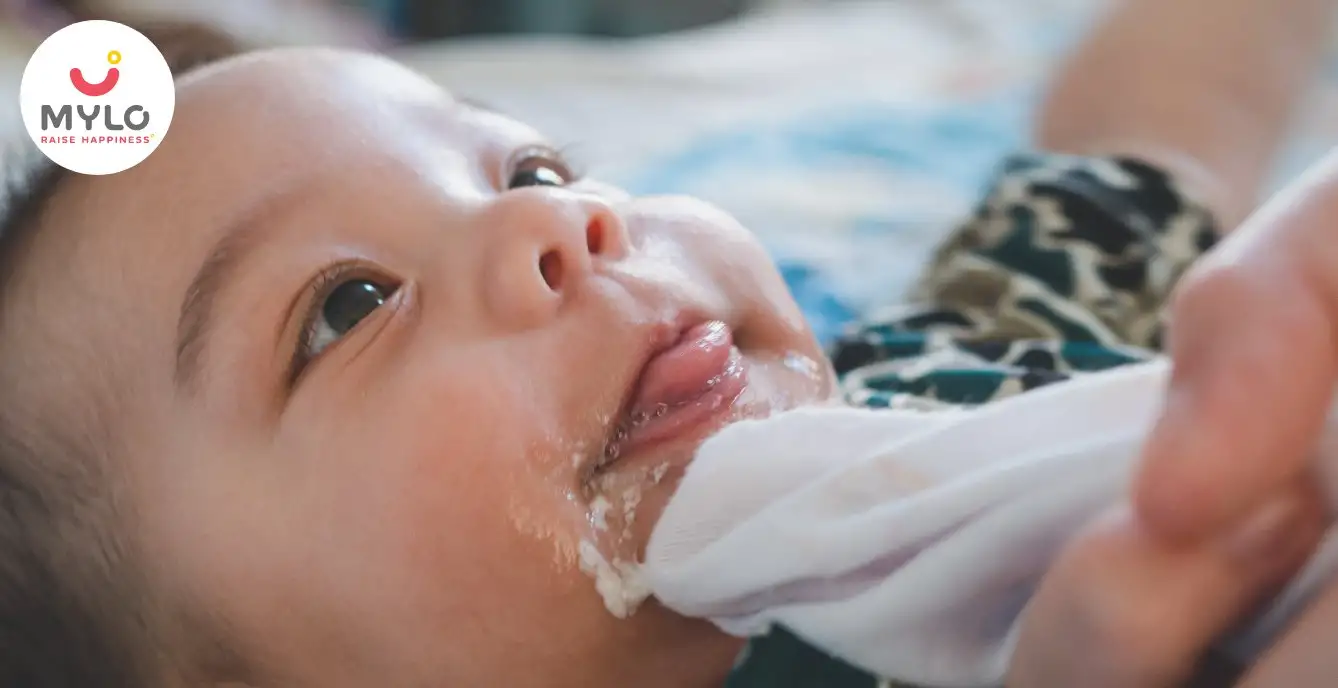
Nausea & Vomiting
Vomiting in Babies: Top 5 reasons why it happens & how you can prevent it?
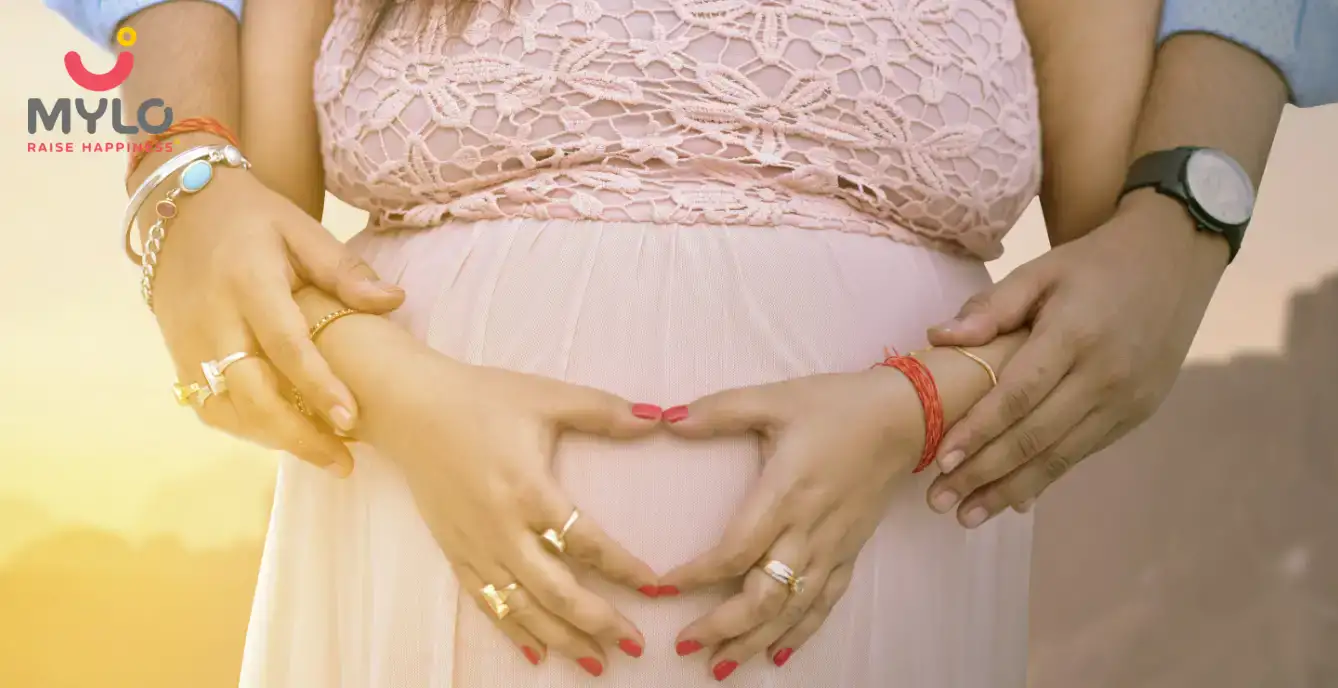
General Father
Comfort your partner about pregnancy changes
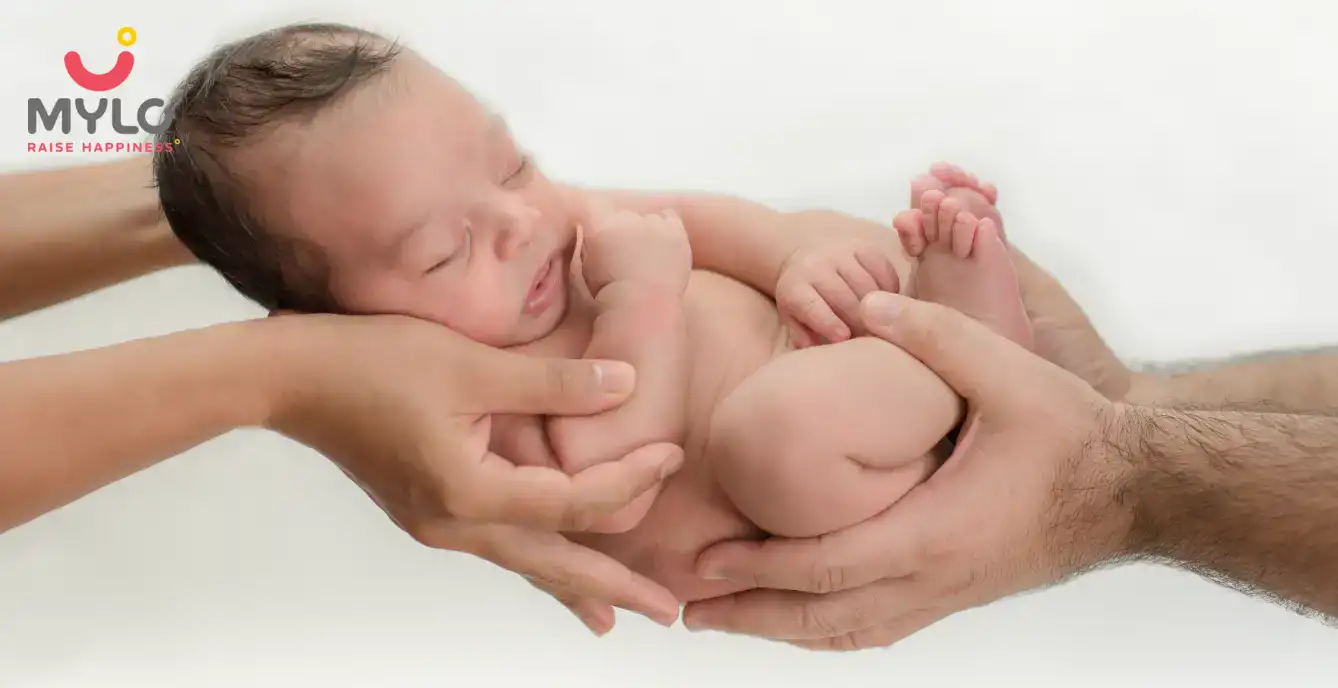
General Father
How To Be A Supportive Husband To Your Partner During Childbirth

General Father
Top travel tips you must consider for experiencing an unforgettable Babymoon
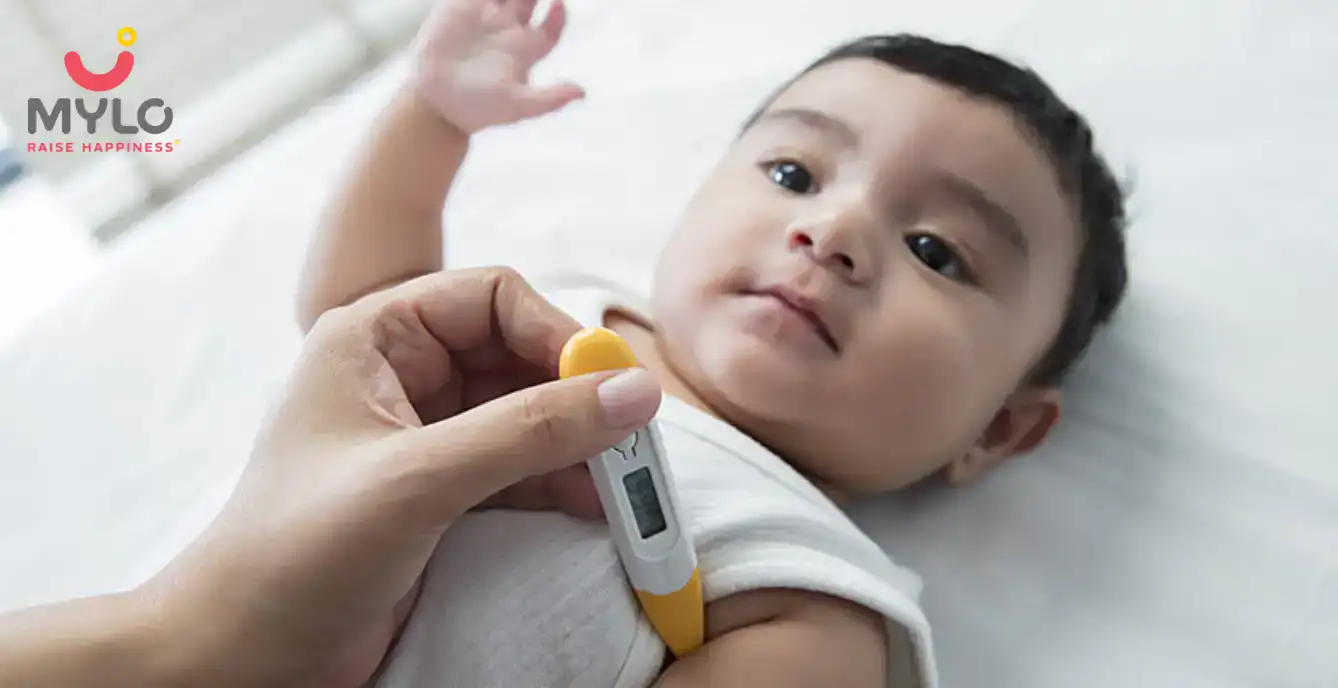
Immune System
Difference between viral infection and bacterial infection and what to do if your kid catches one
- What to do if my child has measles?
- Pregnant ladies and new moms: what to eat and what not to eat while fasting in Navratras
- Choosing the right toys for the right age
- Caring for a baby with Down syndrome
- Wondering how long should you be tracking your baby's feed? We will help you
- Co-Parenting? Here’s What You Should Be Doing
- Age-Appropriate Toys for Your Little One
- How To Prepare To GO Back To Work After Paternity Leave
- my story....You must read those who are sufferings problems from in-laws families and husband
- Ensure that your home is safe for your baby
- Opting for a water birth? Here's what you need to know
- Tips for New Dads to Make Friends with Other Fathers
- Are You a Millennial Parent? Find Out
- How to Choose a Gynaecologist for Your Pregnant Wife?


AWARDS AND RECOGNITION

Mylo wins Forbes D2C Disruptor award

Mylo wins The Economic Times Promising Brands 2022
AS SEEN IN
















- Mylo Care: Effective and science-backed personal care and wellness solutions for a joyful you.
- Mylo Baby: Science-backed, gentle and effective personal care & hygiene range for your little one.
- Mylo Community: Trusted and empathetic community of 10mn+ parents and experts.
Product Categories
baby carrier | baby soap | baby wipes | stretch marks cream | baby cream | baby shampoo | baby massage oil | baby hair oil | stretch marks oil | baby body wash | baby powder | baby lotion | diaper rash cream | newborn diapers | teether | baby kajal | baby diapers | cloth diapers |



